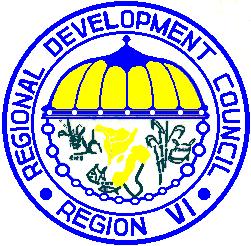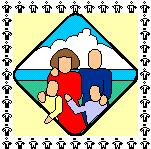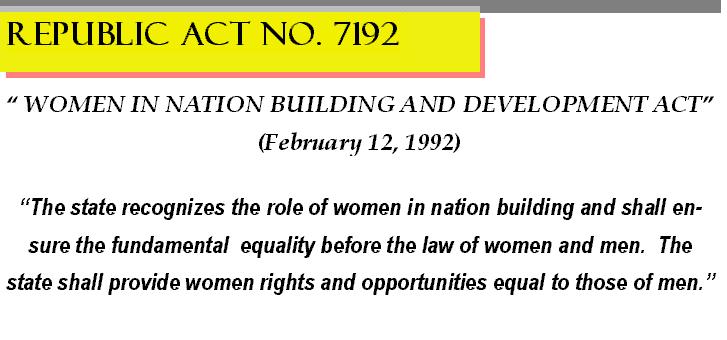
 LOCAL GOVERNMENT SUPPORT PROGRAM,
REGION VI
A Joint project of the Government of the Republic of the Philippines represented by the Regional Development Council (RDC) VI, and the Government of Canada
LOCAL GOVERNMENT SUPPORT PROGRAM,
REGION VI
A Joint project of the Government of the Republic of the Philippines represented by the Regional Development Council (RDC) VI, and the Government of Canada
Home
Page, Introduction, LGSP
in Region VI, Integrated Area Development Approach,
Shelter Support Program,
Community-Based
Tourism Initiatives, Gender Equity and Social Dimension,
Environment Management Initiatives,
Rural
Enterprise Development, LGSP Educational Advancement
Program
Gender
Equity and Social Dimension


 EMPOWERMENT
is about people - both women & men - taking control over their lives;
setting
EMPOWERMENT
is about people - both women & men - taking control over their lives;
setting
their own agenda, gaining skills , increasing self-confidence and developing
self-reliance. “Social Development” is the
integrated human resource development strategy. It subsumes self
reliance, welfare and social justice and equity. Gender
Equitable Development (GED), as a fundamental value in total human
development is viewed as a person-oriented, sector-
focused, holistic, with partnership and solidarity, value-laden approach
that addresses needs and concerns of women and
men. The use of gender relations as an analytical category shifts focus
away from viewing women in isolation from men.
It examines the relative position of men and women in the division
of resources and responsibilities, benefits and rights,
power and privileges.

LGSP, RPMO VI will assist the LGUs of Western Visayas in the enhancement
of their capacity to 
implement and manage social and gender development programs through:
1. Human Resource Development/Capability Building Projects;
2. Technical Assistance;
3. Institution Building by assisting them in the establishment
of systems to improve delivery of social services;
*The above shall be gender-sensitive
and responsive.
4. Engendering LGUs’ policies, plans, programs and activities.

1. Continuing assessment of institutionalization of SD/GE
issues and concerns in LGUs.
2. Capability building to bridge gaps identified.
3. Advocacy on the integration of SD/GE concerns in LGUs’, NGAs’
and NGOS’ policies, plans, programs and projects.
4. Networking and convergence on SD/GE concerns.
5. Efficient documentation and sharing lessons learned from SD/GE
- responsive programs and projects.


This Page hosted by  Get your own Free Home Page
Get your own Free Home Page







 EMPOWERMENT
is about people - both women & men - taking control over their lives;
setting
EMPOWERMENT
is about people - both women & men - taking control over their lives;
setting




